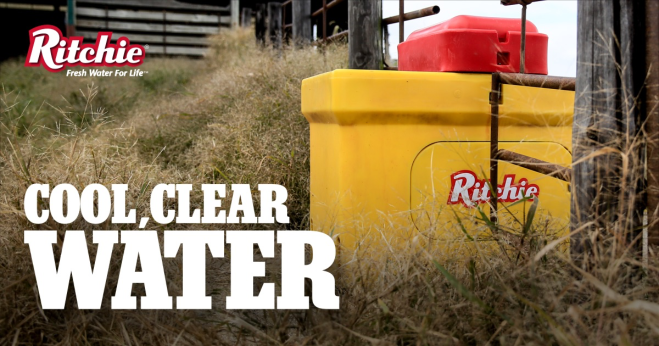Your Horse and Water Quality
The biggest measure of water quality is total dissolved solids (TDS). TDS is comprised of inorganic salts (principally calcium, magnesium, potassium, sodium, bicarbonates, chlorides, and sulfates) and some small amounts of organic matter. Elevated TDS can make your water have a bitter or salty taste. If you currently do not have a water quality report available, you might want to consider contacting your local health department.
“We know that TDS of one to three thousand parts per million (PPM) is in the safe range,” said Bob Coleman, Ph.D., associate professor and equine extension specialist at the University of Kentucky. “Once you start getting to seven thousand PPM then you have water quality issues. The other item to look at is high coliform counts which are an indication of bacteria. Certain coliforms are not going to bother your horse but the higher counts indicate fecal contamination somewhere along the line which means you need to be concerned about E. coli and salmonella. Also, if you have nitrates (agricultural run-off) in your water, especially if it is a change from prior years, then that is telling you that something is leaching into your water. It might be time to consider a new water source.”
Horses are sensitive to the taste and smell of their water. Water that is high in sulfur or tastes bitter can be masked by flavoring the water with prepackaged electrolyte mixes, packets of Jell-O gelatin powder, apple cider vinegar or any flavoring that your horse prefers.
